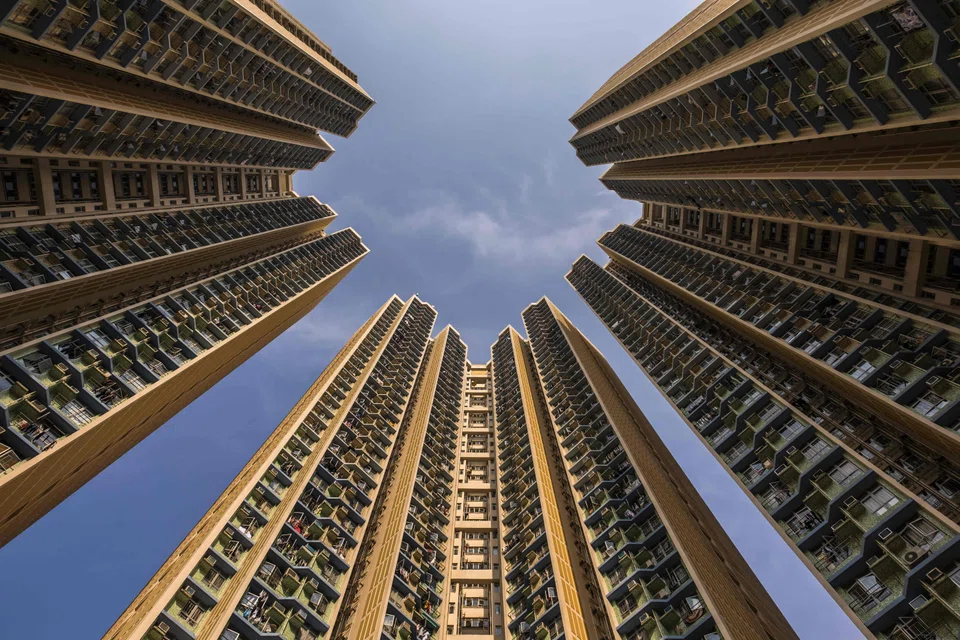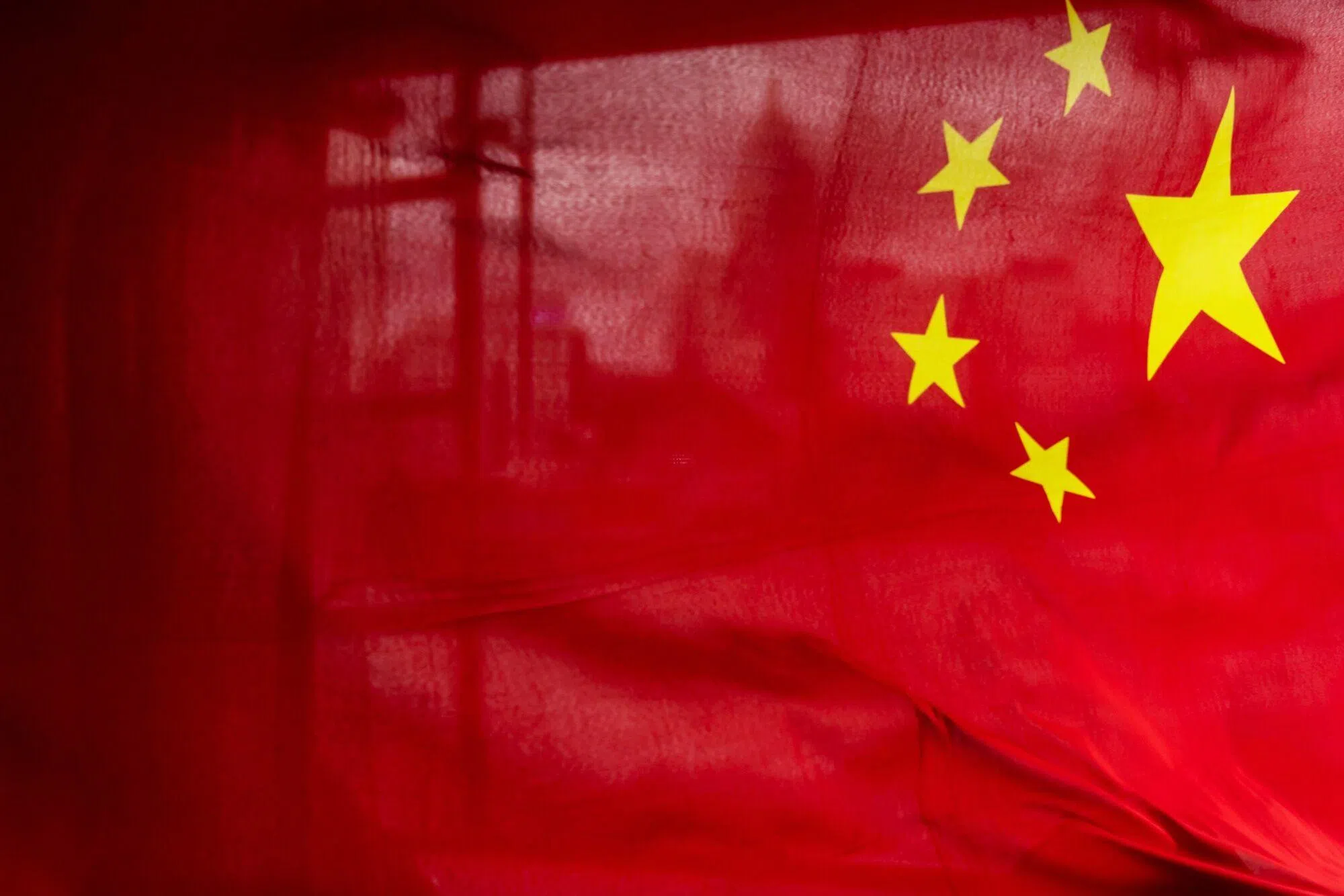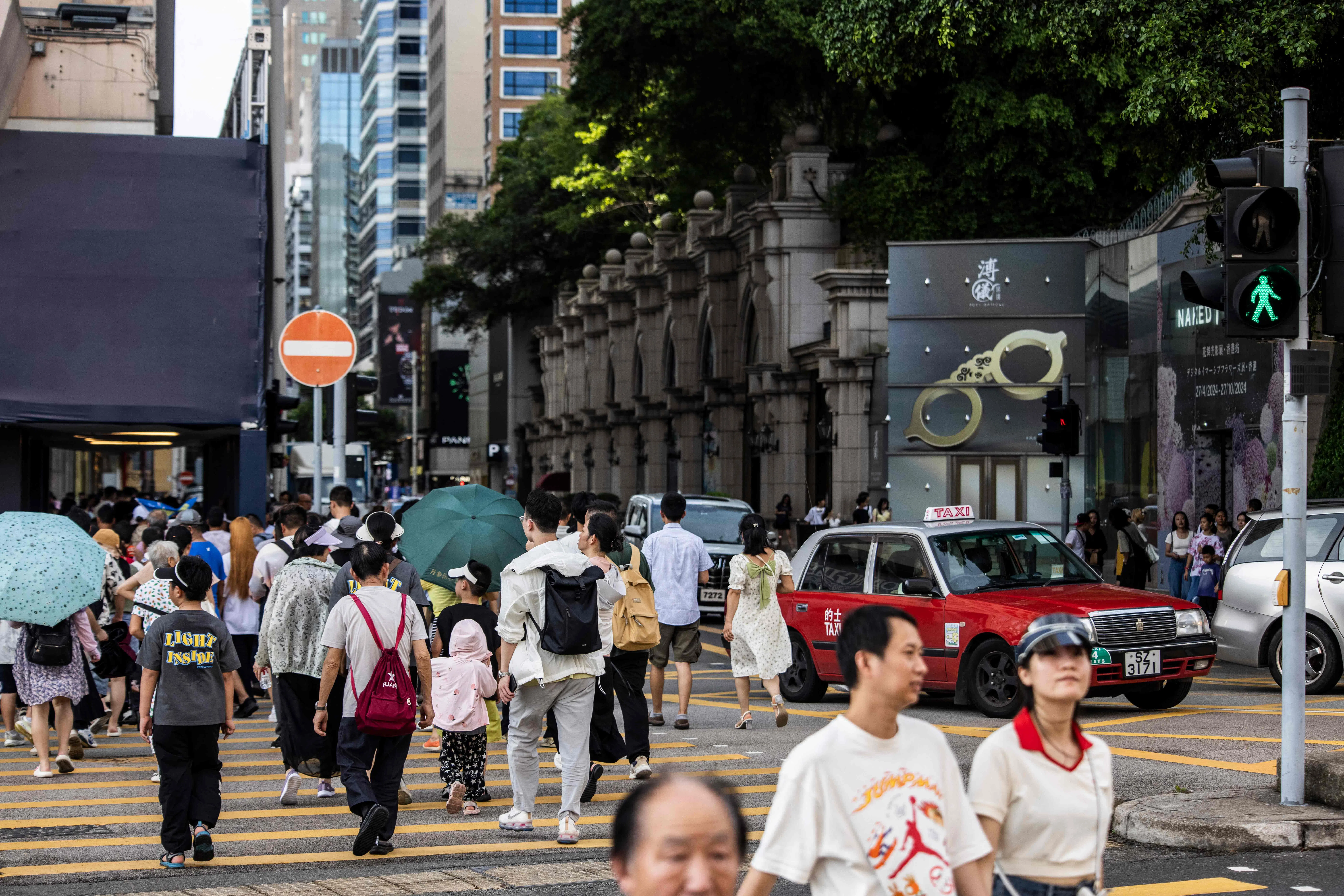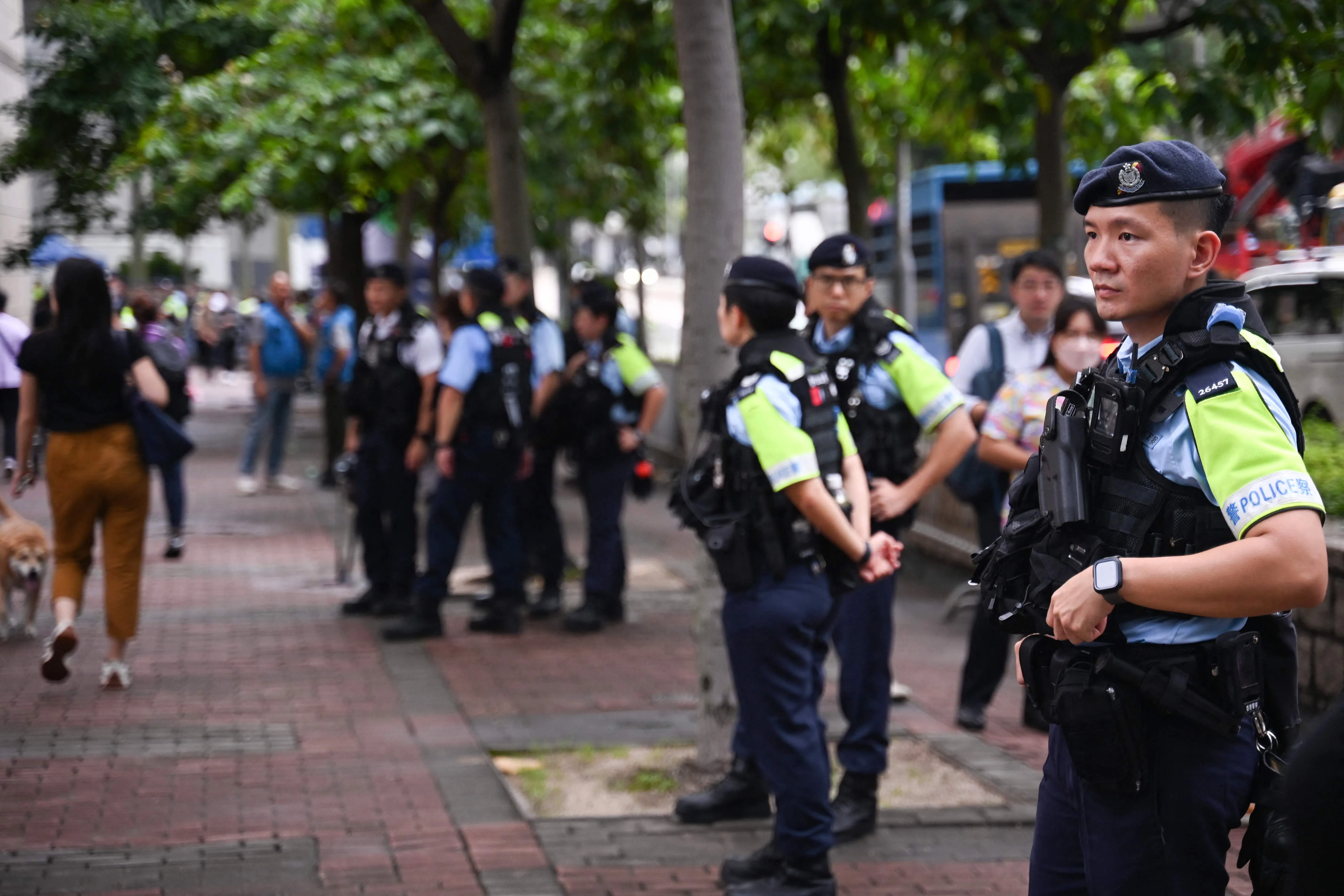The ‘fatal’ deadline of 2047
Lianhe Zaobao journalist Tai Hing Shing notes that while people are worried about land leases in Hong Kong ending in 2047, Beijing is signalling that there is no need to be overly concerned.

The Legislative Council of the Hong Kong special administrative region (SAR) passed the Extension of Government Leases Ordinance in late June, which came into effect on 5 July. This means that all of the first batch of 376 land lots for which leases were supposed to expire at or before the end of 2030 have been renewed. As July is the peak season for Hong Kong’s politicians to go on holiday, the news did not attract much attention.
It might appear that the new policy merely provides a more streamlined process for the renewal of land leases in Hong Kong. Property owners do not have to go through any formalities, nor do they have to pay a land premium. They just need to pay an annual rent of 3% of the rateable value. However, as the land leases will be automatically renewed for a term of 50 years, which goes beyond 2047, the implications are far-reaching.
A question of Hong Kong’s future beyond 2047
Since its handover to China in 1997, the political situation in Hong Kong has remained unstable, exemplified by the radical Occupy Central movement in 2014. Subsequently, discussions on “the future of Hong Kong after 2047” emerged in the territory in 2016 following the rejection of the SAR government’s proposed constitutional reform package, leading to a stark division between two fiercely opposing camps.

The pro-establishment camp was of the view that if the people of Hong Kong wanted to continue with “one country, two systems” after 2047, they must not hollow out the “one country” part. Supposedly, the more Hong Kongers showed resistance to the Chinese central government, the less assured the central government would feel, and so the harder it would be to secure a high degree of autonomy.
On the other hand, the radical pro-democracy camp thought that they must seize the opportunity afforded by the issue of “Hong Kong’s second future” post-2047, and strive with Beijing to revise a “new constitution” to maximise Hong Kong people’s autonomy in managing local affairs.
In retrospect, the latter camp was actually a disguised way of pushing for Hong Kong’s independence, which was very naïve. Nevertheless, it garnered significant support at the time, fuelled further by radical political forces.
Intention to cause some panic
For example, Legislative Council Member Yiu Chung-yim kept pushing the “2047 deadline for land leases”, saying: “With half of the land leases in Hong Kong expiring in 2047, who can say they will surely be renewed automatically?” He also claimed that if there was no definite decision on the matter in ten years, probably no one would dare to buy any property north of Kowloon’s Boundary Street.
As it turns out, in 1898, the land north of Boundary Street was not actually ceded by the Manchu government to Britain, but only leased for a period of 99 years, which would end on 30 June 1997. The British government in Hong Kong could only sublease the land in the capacity of the “sub-landlord”, up until 27 June 1997.
In 1984, just 13 years before the 1997 expiry, London asked Beijing to take a stand on the issue of the “deadline for land leases”, so that businessmen could feel assured and thus continue to invest in Hong Kong. Subsequently, the Sino-British Joint Declaration and the Basic Law of Hong Kong allowed the renewal of land leases up to 2047 without premium payment, provided that an annual rent equivalent to 3% of the rateable value of the land is paid.
Then in 2016, with only 31 years left before 2047, the radical democrats raised questions about grim possibilities that Hong Kong’s properties could get confiscated by the central government upon the expiry of leases, so the banks would refuse to grant mortgages. The intention was to cause panic among the public.
If that is indeed the case, the property market would not be the only thing in trouble — the whole of Hong Kong’s economy would be shaken.

Theoretically speaking, there are three possible scenarios for what happens upon the expiry of a land lease: the lessee does not need to pay a premium, and can automatically renew the lease just by paying an annual rent of 3% of the rateable value; the lease can be renewed, but only with the payment of a premium; or, the government takes back the land, with no renewal of the lease by the property owner.
According to the radical democrats, property mortgages in Hong Kong generally last for 30 years, so banks may refuse to grant 30-year loans after 2017 due to the “2047 uncertainty factor”. If that is indeed the case, the property market would not be the only thing in trouble — the whole of Hong Kong’s economy would be shaken.
Calming concerns
Back then, the Hong Kong government reassured the people, stressing that land was granted for a term of 50 years reckoned from the date of sale, not from 1997. However, due to the authorities’ failure to provide an explicit answer, as well as Hong Kongers’ distrust of the SAR government, the issue continued to be wielded by the pan-democratic camp as a tool of resistance.
This time, through concrete action, the SAR government has proved that the notion of 2047 being some kind of fatal “deadline” is totally erroneous, and has thus dispelled the doubts harboured by Hong Kong’s citizens.
The localists starkly pointed out that Hong Kongers had no say in the Sino-British negotiations of the 1980s, framing the “2047 deadline” as a chance to reshape their destiny. Advocating for “self-determination”, they mobilised youths into political participation to advocate for full citizen engagement and the self-determined establishment of post-2047 constitutional arrangements, which gained widespread support.
The Occupy Central movement of 2014 opened Pandora’s box of “achieving justice by violating the law”. In 2019, under the guise of opposing the amendment of the Fugitive Offenders Ordinance, the pan-democratic camp instigated violence, and even openly advocated the “independence of Hong Kong”. Beijing was thus prompted to formulate the Hong Kong National Security Law and legislate Article 23 of the Basic Law.

Although the implementation of these two pieces of legislation has restored stability to Hong Kong over the past few years, the public’s misgivings about the “2047 deadline” remain unallayed. In recent years, reminders have been heard from time to time, saying that “the Basic Law is already more than halfway through its time”, “Hong Kong is approaching the 2047 deadline”, “the SAR government should promptly seek to negotiate with the central government for the continuation of ‘one country, two systems’”, and so on.
The Chinese government made it clear a few years ago that “one country, two systems” is a great piece of pioneering work on the part of socialism with Chinese characteristics, the best systemic arrangement for maintaining long-term prosperity and stability for post-handover Hong Kong and Macao, and that it must be upheld for the long run. This implies that the dual structure will stay in place for Hong Kong beyond 2047.
However, real estate is, after all, the most important asset for Hong Kongers. Currently, there are more than 1.3 million owners of self-owned properties here, and it is of utmost concern to them whether they can successfully renew their leases after 2047 and whether they need to pay any land re-grant premium. This time, through concrete action, the SAR government has proved that the notion of 2047 being some kind of fatal “deadline” is totally erroneous, and has thus dispelled the doubts harboured by Hong Kong’s citizens.
Of course, the Hong Kong government’s image on both the domestic and international front is not so good at present. It is still necessary to step up publicity for this policy in future, underscoring how Hong Kong’s capitalist system and way of life will remain unchanged, so as to bolster the confidence of international investors.
This article was first published in Lianhe Zaobao as “2047年大限“.



![[Big read] When the Arctic opens, what happens to Singapore?](https://cassette.sphdigital.com.sg/image/thinkchina/da65edebca34645c711c55e83e9877109b3c53847ebb1305573974651df1d13a)
![[Video] George Yeo: America’s deep pain — and why China won’t colonise](https://cassette.sphdigital.com.sg/image/thinkchina/15083e45d96c12390bdea6af2daf19fd9fcd875aa44a0f92796f34e3dad561cc)
